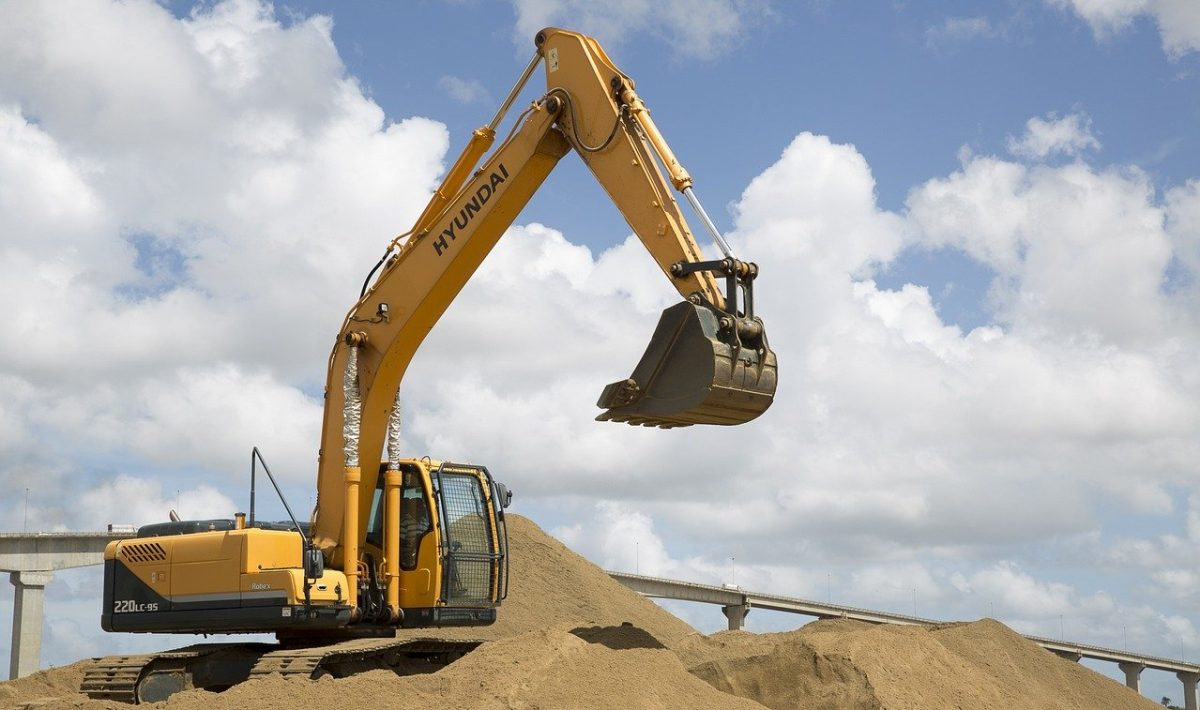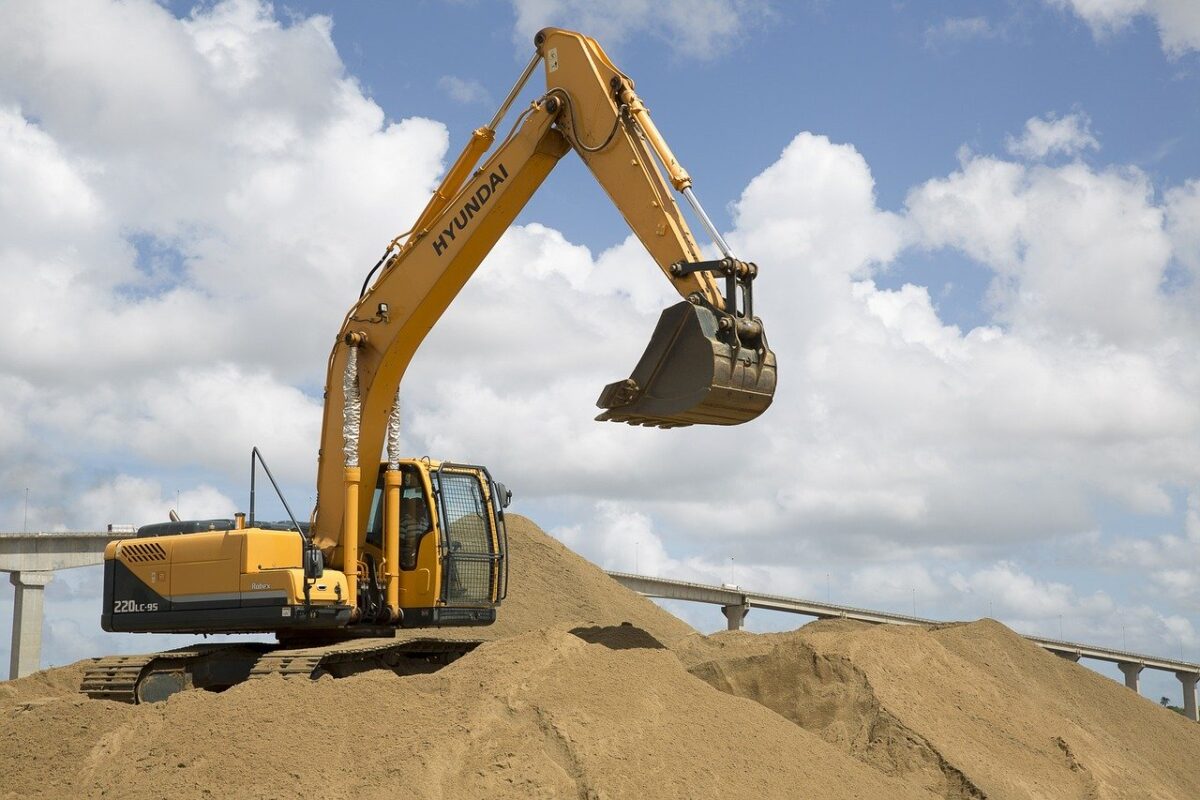The construction and infrastructure industry in Australia is booming, and excavator operators are in high demand. Excavator training is a necessity for those looking to become a reliable and employable excavator operator who can name their price on big worksites.
First, you need to consider the licensing and training requirements for the role and Aus Loadshifting has all of the information you need to ensure you are very employable in the future.
When is an excavator license required?
In Australia, different sets of rules apply based on the situation your project applies to. For example, work performed in a private capacity has no specific rules applied to it in terms of requiring a license to operate an excavator.
If we are talking about a commercial job, no government regulations exist, but without any capability documentation, you will have a hard time finding employment.
The Workplace Health and Safety Act was amended in 2011 to state that a ticket is not a mandatory requirement for operating an excavator as the machinery was categorised as ‘low risk.’
This shifts the responsibility of the machine operation to the person conducting a business, which is often the site manager. As the liability falls on the site manager, the risk is mitigated by only hiring operators who are competent and can supply documentation to prove it.
The following machines can be operated in Australia without a ticket only:
-
- Excavator (class LE)
- Dozer (class LZ)
- Grader (class LG)
- Scraper (class LP)
- Front end loader / backhoe (class LB)
- Skid steer loader (class LS)
- Front end loader (class LL)
It is important that the loose legislation around these machines does not mean people operate without simple common sense. Undergoing training and holding a license puts you to the front of the line when it comes to employment as you are helping to lower the risk of your site manager while providing a safer working environment for all involved.
Related Post: Guide to Getting a Truck Licence in Sydney,NSW
What are the benefits of excavator training?
The main benefit is how employable you will be. This is particularly pertinent if you want to work on large job sites, or secure a role with a high pay rate.
The site manager or hire company will always favour an excavator operator who does not require a competency course and has paperwork demonstrating that they have undertaken training.
Proof of formal training or a ticket issued under previous legislation is very beneficial from a site manager’s perspective who can mandate whatever standards they want, regardless of Government legislation.
Major private contractor job sites have the highest standards of safety, as well as the most significant budgets to hire people for long terms. Upskilling yourself with a resume full of certified training courses is a surefire way to become a very attractive prospect for them.
What should I expect from excavator training?
If you are starting from scratch, without a ticket issued under the previous legislation or a prior training course conducted by a registered training organisation, you’ll need to undergo a competency test on any site you apply for to assess your skills before you start work.
Excavator training may remove the need for you to do this as you will essentially run through these competencies to attain your certificate. You’ll be shown safety guidelines, operational skills, and everything you need to know about the machine and how to operate it.
The course will cover everything required to prove you are competent with logbooks of your training and any other necessary documentation covering:
- Planning and preparing
- Conducting machine pre-operational checks
- Operating the machine
- Selecting, removing and fitting attachments
- Relocating the machine
- Carrying out machine operator maintenance
- Cleaning up
- Lifting, carrying and placing materials
How much does excavator training cost?
Costs can vary based on your situation; however, you can contact Aus Loadshifting for an exact price tailored for you. Our skilled trainers offer excavator training in Sydney, which can be completed onsite at your workplace or via our training facility.
Our leading course educators train in Sydney’s Western suburbs, Inner West, CBD, North Shore, and Central West NSW but are able to train in other locations by negotiation, varying the associated costs.
What sort of qualifications does Aus Loadshifting have?
All of the Aus Loadshifting trainers hold a certificate IV in training and assessment and are also WorkCover accredited. We employ people with years of experience in the education and training of machinery in the construction industry.
Our trainers have developed a course that includes both theory and practical excavator training using both the machines and a written assessment. The course length varies based on your individual skill set; however, the average time for completion is roughly two days.
What is involved in the assessment, and what should I expect as the outcome?
The excavator training knowledge assessment includes a written or oral exam featuring both short answer and multiple-choice questions which must be answered correctly.
There will also be a performance driving assessment, which will consist of a pre and post-operation check along with general machine operations.
If you achieve a competency, you will receive an interim paper license before an official “Statement of attainment” and a photo card which will arrive later via the post. Your achieved qualification will also be registered on a national database.
If you do not achieve a competency, you will be provided support and further training before reassessment, during which you will only need to complete the areas that were deemed not yet competent in the first assessment.
Interested in upskilling?
Speak to Aus Loadshifting about your excavator training today and make yourself an undeniable prospect when it comes to new employment opportunities.
Take control of your career path and improve your resume with the skills that are in high-demand throughout one of Australia’s largest industries.
Driving Training Services:


